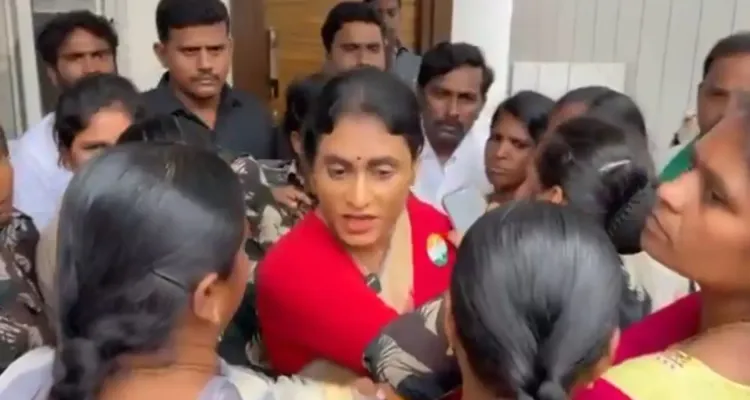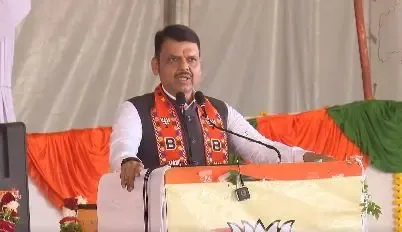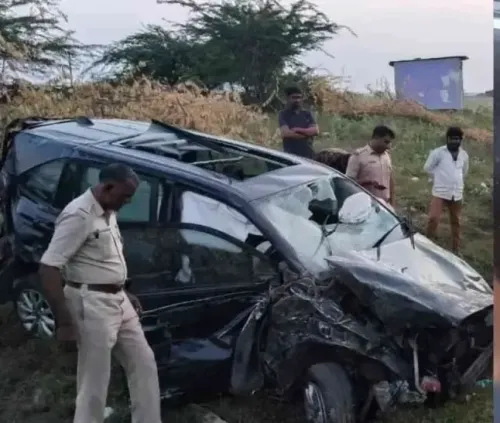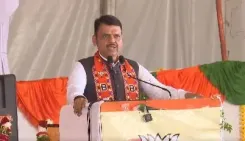Why Was Sharmila Placed Under House Arrest in Amaravati?

Synopsis
Key Takeaways
- Sharmila's house arrest raises questions about political freedom.
- Police action highlights tensions between the state and opposition.
- Sharmila demands clarity from the government regarding her rights.
- The incident reflects broader issues of governance and law enforcement in Andhra Pradesh.
- Prime Minister Modi's upcoming visit adds to the political significance of the situation.
Vijayawada, April 30 (NationPress) Congress President for Andhra Pradesh, Y.S. Sharmila, has been placed under house arrest in Vijayawada on Wednesday.
Authorities prevented her from departing for Uddandarayunipalem, the site where Prime Minister Narendra Modi laid the foundation stone for the state capital, Amaravati, back in 2015.
The situation escalated as police officers denied her permission to exit, claiming that her visit was unauthorized.
Sharmila contested this police action, informing the officers that she intended to head to the Congress office.
"Andhra Pradesh Chief Minister garu, why am I under house arrest in my villa in Vijayawada? What is the reason? Please inform the people of AP. Is going to my workplace—the PCC office—a crime now?" she queried Chief Minister N. Chandrababu Naidu on X.
"Why are you attempting to infringe on our constitutional rights? What is your government afraid of?" she further questioned.
In another message, Sharmila highlighted the recent announcement of the Amaravati capital committee just two days earlier. "The coalition government appears frightened, even before the party has unveiled its action plan," she remarked.
Sharmila asserted that her intention was to visit the party office to prepare for demands coinciding with Prime Minister Modi’s visit to Amaravati. She insisted that Chief Minister Naidu and Home Minister V. Anitha clarify why they obstructed her.
She accused the police of acting in an overbearing manner and insisted that law enforcement should adhere to legal protocols.
"Andhra Pradesh is already ranked third in the nation for atrocities against women. Utilize your police force to protect women, rather than impose restrictions on them," she urged the Chief Minister.
Sharmila emphasized that her party possesses the democratic right to conduct meetings and questioned what the government was attempting to conceal.
Prime Minister Modi is set to visit Amaravati on May 2 to recommence capital development works.
The event is set to take place near the state Secretariat, which is situated away from Uddandarayunipalem, the location of the foundation stone ceremony in 2015.









